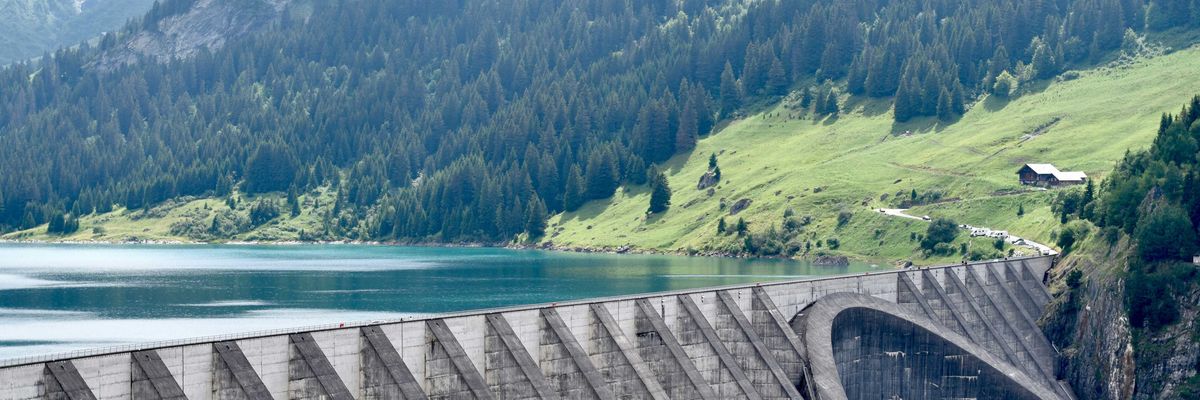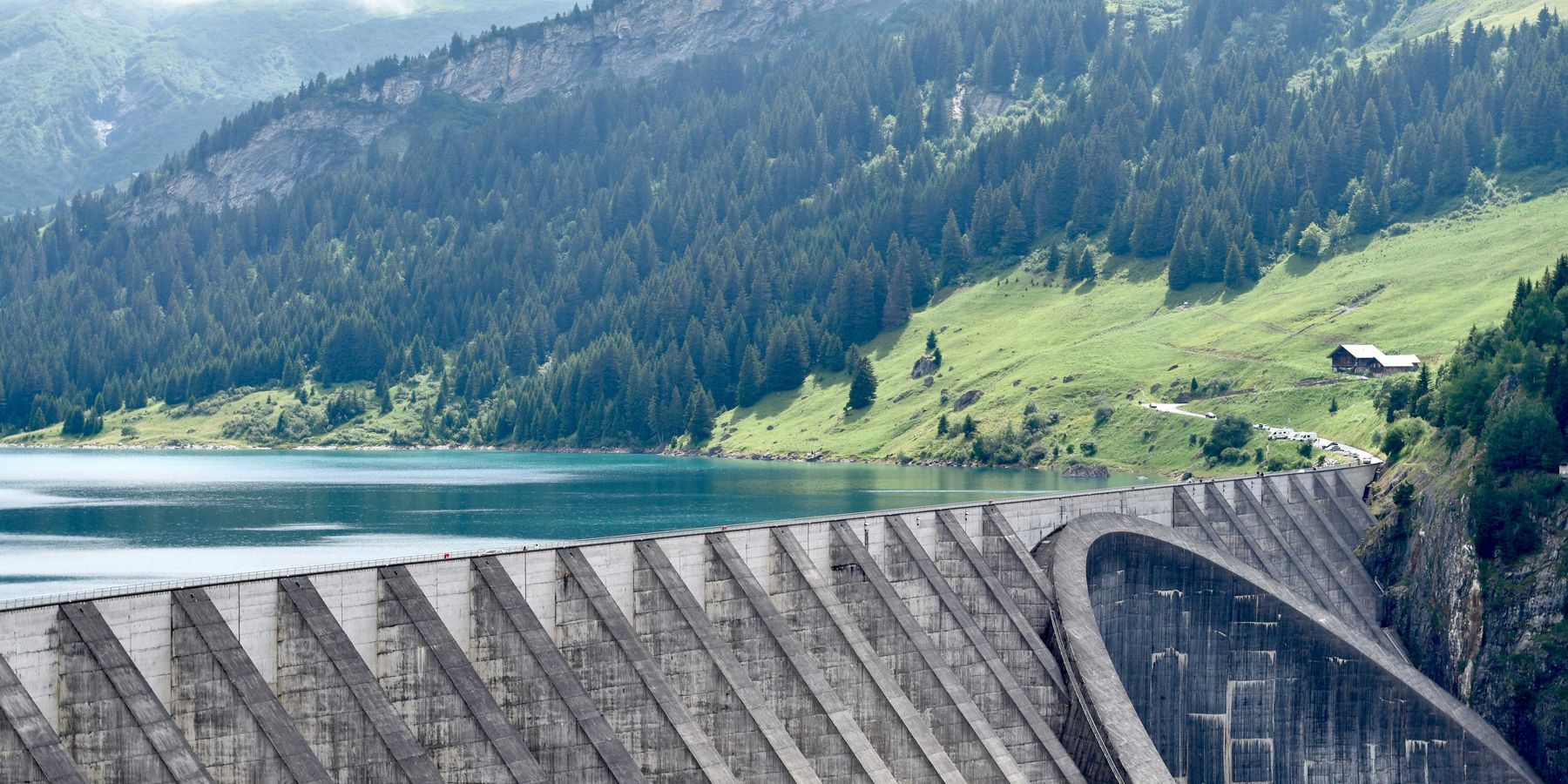cnbc.com
Windfall Bio comes out of stealth with methane-eating microbes
Sunlight reflection (solar geoengineering) must be studied: Scientists
Private jet use and climate campaigning not hypocritical: Bill Gates
Bill Gates does not agree that using a private jet and campaigning on the issue of climate change represents a contradiction open to allegations of hypocrisy.
Inflation crisis posing greatest near-term threat, Davos survey warns
The World Economic Forum’s annual Global Risks Report highlights the cost of living crisis as the biggest short-term risk facing the world right now, with climate change as the biggest long-term threat.
Hundreds of thousands left without power in California as forecasters warn of 'relentless' cyclones
Hundreds of thousands of homes in California were left without power early Sunday after torrential downpours and high winds battered the northern part of the state, as forecasters warned of a “relentless parade of cyclones,” over the coming days.
Why isn't the U.S. electrical grid run on 100% renewable energy yet?
The technology to generate electricity with wind and solar has existed for decades. So why isn’t the electric grid already 100% powered by renewables? And what will it take to get there?
Historic biodiversity agreement reached at UN conference
The agreement includes a commitment to protect 30% of land and water considered important for biodiversity by 2030, and has been coined “30 by 30.” The percentage would be an increase on the 17% of terrestrial and 10% of marine areas currently protected.









